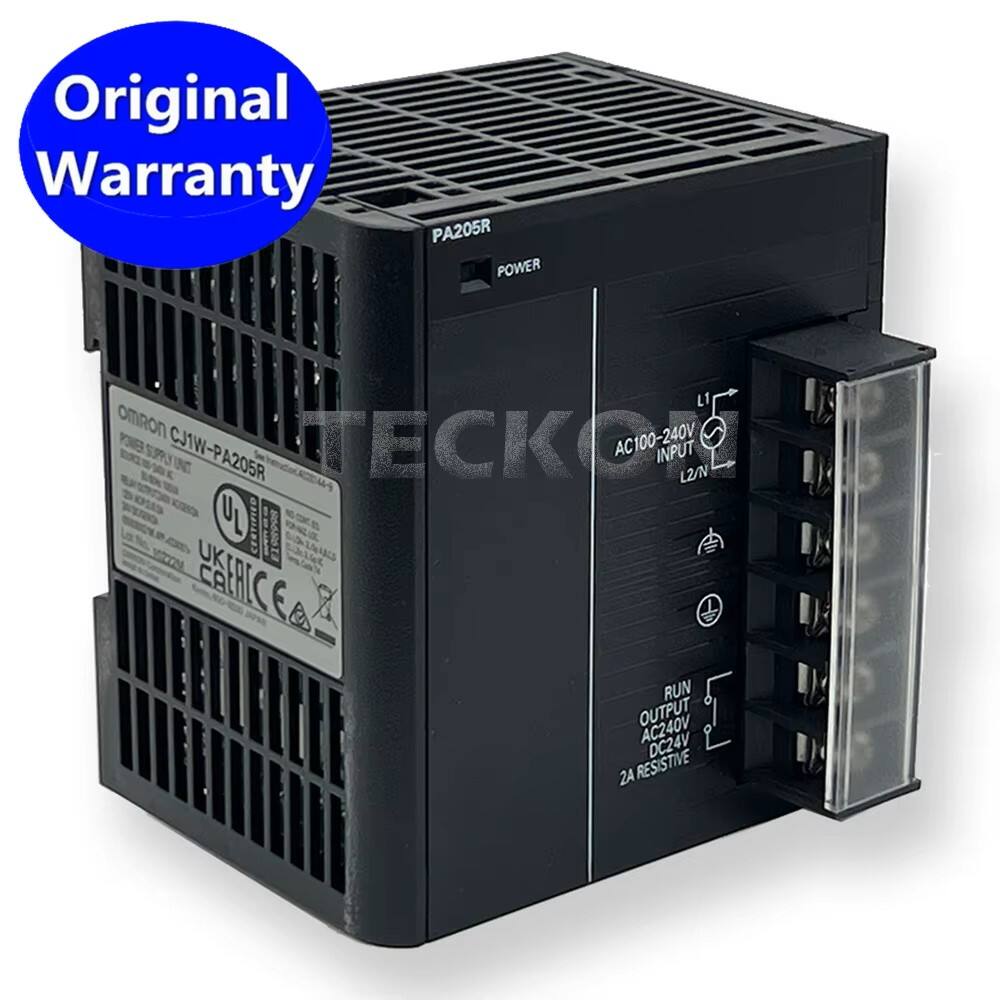Modular PLC Controllers or Programmable Logic Controllers form the very foundation of any automated manufacturing process modern enterprises employ. Due to their complexity depending on the given task, one would have to ensure high levels of consistency and efficiency which are amply ensured when a PLC Controller is used. When deciding on which PLC Controller to buy, it would be wise to consider its physical size, the amount of physical or electronic memory it has, the number of inputs and outputs it can receive and send, and the networking capabilities it has. Omron, one of the industry leaders in industrial automation, has developed a line of PLC Controllers that can cater to all types of manufacturing.
Identifying what kind of PLC Controller would be best suited However, before one selects a PLC Controller, an assessment of the various requirements for a specific manufacturing process should be done. This includes the required quantity of inputs and outputs, how complicated the control algorithms will be, and how extensible the architecture can be. This will allow one to capture not only the immediate, but also the multiyear timeframe for forecasting demand for the optimal PLC Controller model.
Omron offers a wide range of PLC Controllers with their distinctive features and functions. Some of the PLC Controllers include the CJ series which boasts of high-speed processing and large volume I/O connectivity optimally suited for applications with bulk requirements. Smaller systems integrate the CP series which are more cost-effective and space-saving.
Assessing Performance and Scalability
A PLC Controller must be reliable whereby performance matters. Choose PLC Controllers that have high speed and memory to implement intricate programs. The same consideration must be given to scalability. Choose a PLC Controller that can accommodate the expansion of your manufacturing operations along with easy upgrades and additional I/O modules.
Focusing on Networking and Integration
Networking capability extends the functionality of a PLC Controller as it becomes linked with other devices or systems. Take care that the PLC Controller you select is capable of integrating with the machinery through the required communication protocols. Most of Omron’s PLC Controllers incorporate Ethernet and serial communication ports.
Installing Safety Metrics
In manufacturing, it should never be substituted: safety. Choose a PLC Controller whose safety requirements are adequately built into it, or which are capable of interacting with safety systems. Omron’s PLC Controllers can also interact with their safety components which means all of your operations will be even more secure.
Making Sure Programming is Straightforward
A more straightforward programming interface results in a faster setup along with fewer errors. Choose any PLC Controllers that have detailed manuals and include commonly used software. Installing and servicing Omron’s PLC Controllers is easier because programming tools are available.

 Hot News
Hot News2024-09-20
2024-09-20
2024-09-20

Copyright © TECKON ELECTRIC (SHANGHAI) CO., LTD Privacy policy